Description
Potassium Chloride: More Than Just a Salt Substitute
Potassium chloride (KCl) is a chemical compound composed of potassium and chloride ions. Appearing as a white crystalline solid, it’s readily soluble in water and finds applications in a surprisingly wide range of industries and even within our own bodies. While often recognized as a salt substitute, the story of potassium chloride is far more complex than that.
Beyond the Salt Shaker: Diverse Applications of KCl
While KCl’s role as a low-sodium alternative to table salt (sodium chloride) is perhaps its most commonly known application, it’s a key player in several other fields:
- Agriculture: Potassium is an essential macronutrient for plant growth, playing a vital role in water regulation, nutrient transport, and enzyme activation. KCl is a widely used potash fertilizer, providing readily available potassium for crops, leading to improved yields and overall plant health.
- Medicine: In the medical field, KCl is used to treat and prevent hypokalemia, a condition characterized by low potassium levels in the blood. This can occur due to various factors, including certain medications, gastrointestinal losses, and kidney disorders. Intravenous or oral KCl supplements help restore potassium balance.
- Food Processing: Beyond its salt substitute function, KCl is also used as a gelling agent, thickener, and flavor enhancer in various food products.
- Industrial Applications: KCl is used in the production of aluminum, as a flame retardant, and in oil well drilling fluids.
- Lethal Injection: Controversially, potassium chloride is also one of three drugs commonly used in lethal injections for capital punishment. It stops the heart, leading to death.
The Vital Role of Potassium in Human Health
Potassium is an essential mineral crucial for numerous bodily functions. It plays a key role in:
- Maintaining fluid balance: Potassium works with sodium to regulate fluid levels inside and outside cells.
- Nerve function: It helps transmit nerve impulses, enabling proper muscle contraction and communication throughout the body.
- Muscle contraction: Potassium is essential for the proper functioning of all muscles, including the heart.
- Blood pressure regulation: Adequate potassium intake can help lower blood pressure and reduce the risk of cardiovascular disease.
Sources of Potassium: Beyond KCl Supplements
While KCl supplements are available, a balanced diet rich in potassium-rich foods is the preferred way to maintain healthy potassium levels. Excellent sources of potassium include:
- Fruits: Bananas, avocados, melons, oranges, and dried fruits like apricots and raisins.
- Vegetables: Potatoes (especially with the skin), sweet potatoes, spinach, tomatoes, and beans.
- Dairy: Milk and yogurt.
Cautions and Considerations
While potassium is essential, excessive intake can be harmful. Hyperkalemia, or high potassium levels, can lead to dangerous heart rhythm abnormalities and even cardiac arrest. Individuals with kidney disease or taking certain medications should be particularly cautious and consult with their doctor before taking potassium supplements.
Conclusion
Potassium chloride is much more than just a salt substitute. Its diverse applications in agriculture, medicine, food processing, and industry highlight its importance in modern society. Understanding the vital role of potassium in human health and ensuring adequate intake through a balanced diet are crucial for maintaining overall well-being. However, it’s important to remember that moderation and consulting with a healthcare professional are key to avoiding potential health risks associated with excessive potassium intake. From fertilizing our crops to regulating our heartbeat, potassium chloride plays a significant role in our world.


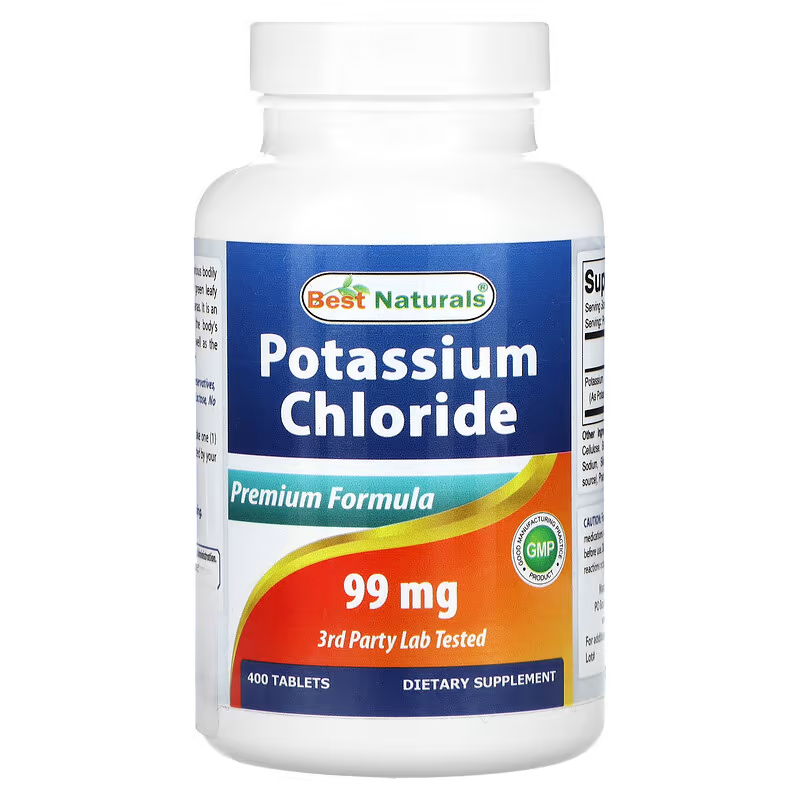

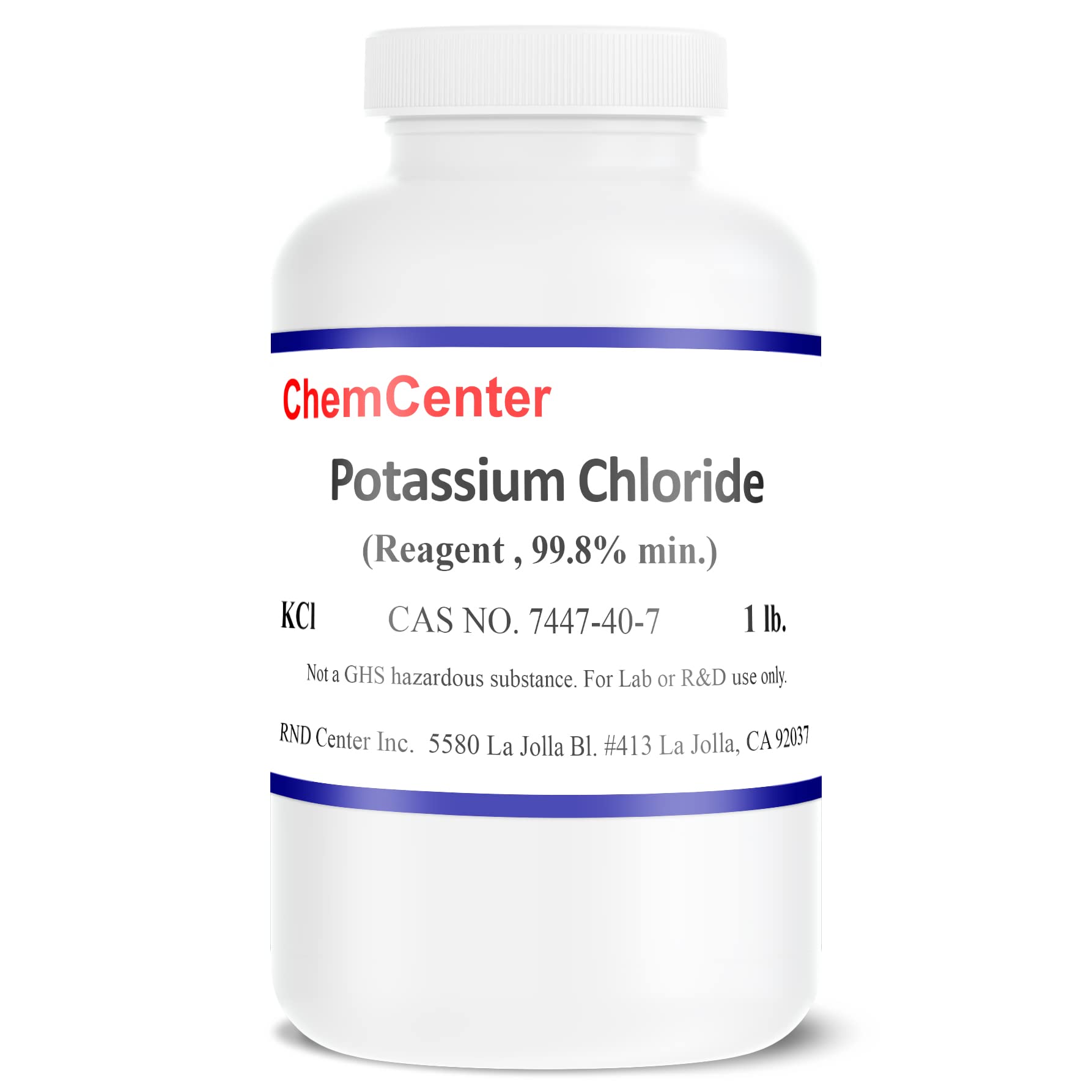

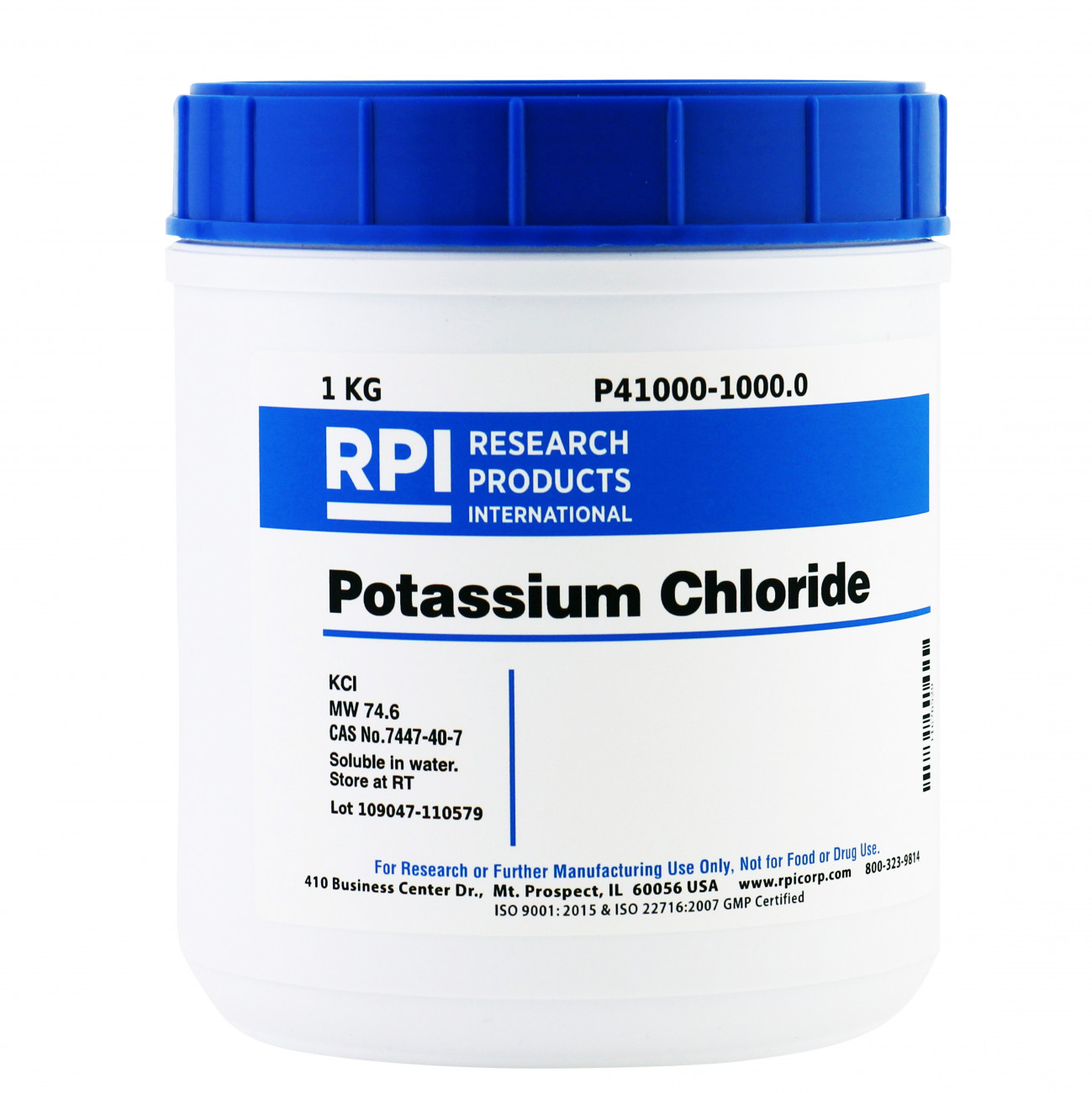

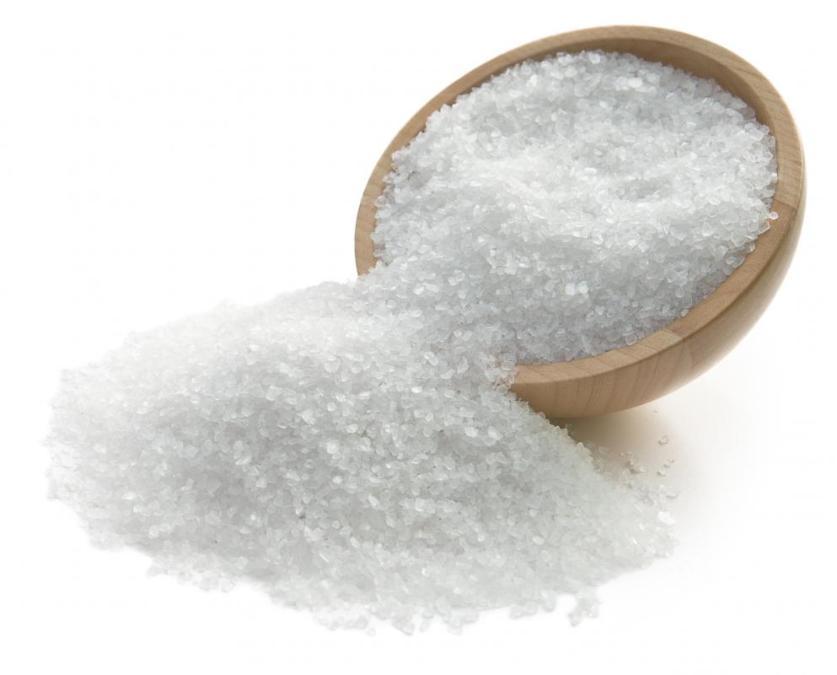

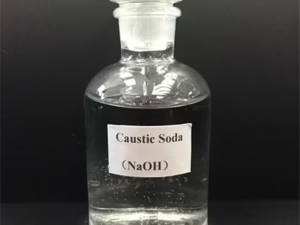
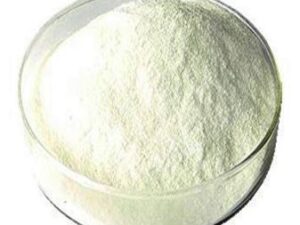


Reviews
There are no reviews yet.